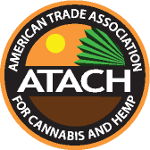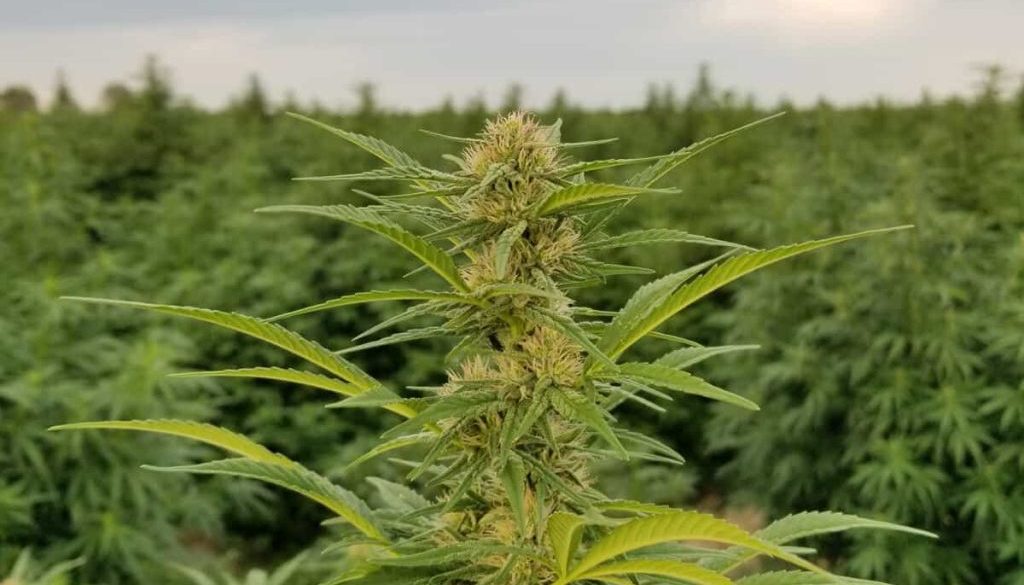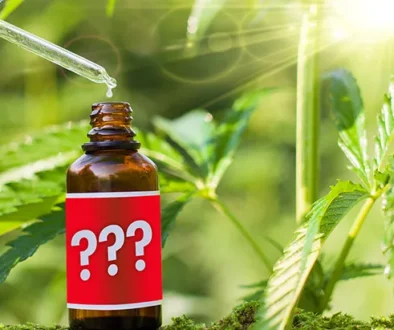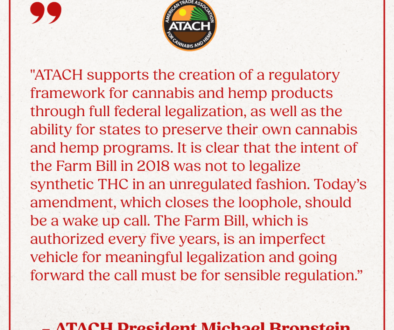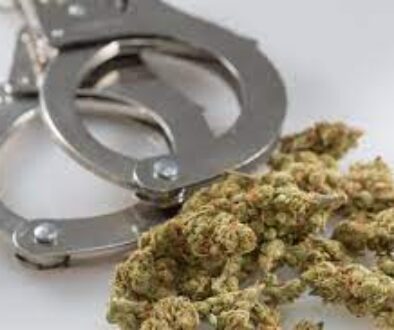“Hot” Hemp Remains a Hot Topic, and Still Within DEA’s Enforcement Discretion
The United States Court of Appeals for the District of Columbia Circuit dismissed two lawsuits last week, affirming that “work in process hemp” exceeding 0.3 percent of THC, known as “hot hemp,” may still be the subject of enforcement by the U.S. Drug Enforcement Agency (DEA).
Marijuana is currently a Schedule I controlled substance under the Controlled Substances Act (CSA). See 21 U.S. Code § 812.[1] The Agriculture Improvement Act (the 2018 Farm Bill) redefined “marihuana” to specifically exclude hemp. 21 U.S.C. § 802(16)(B)(i) (“The term ‘marihuana’ does not include… hemp, as defined in section 1639o of Title 7.”) Hemp is defined as “the plant Cannabis sativa L. and any part of that plant, including the seeds thereof and all derivatives, extracts, cannabinoids, isomers, acids, salts, and salts of isomers, whether growing or not, with a delta-9 tetrahydrocannabinol concentration of not more than 0.3 percent on a dry weight basis.” 7 U.S.C. § 1639o(1).
Last week’s decisions stem from the treatment of hemp byproducts under the DEA’s August 21, 2020, interim final rule, Implementation of the Agriculture Improvement Act of 2018, which states, in pertinent part, “a cannabis derivative, extract, or product that exceeds the 0.3% D9-THC limit is a schedule I controlled substance, even if the plant from which it was derived contained 0.3% or less D9-THC on a dry weight basis.” 85 Fed. Reg. at 51,641 (emphasis added). The two lawsuits effectively challenged the DEA’s enforcement of the CSA against hemp and its byproducts that might exceed the 0.3 percent limit for THC during the processing of hemp, i.e., hot hemp. The claims made clear that hot hemp necessarily resulted from hemp processing and thus it was not intended to be the subject of enforcement, and such treatment where hot hemp is derived from hemp is inconsistent with the 2018 Farm Bill’s objectives of legalizing hemp for all purposes and removing it from DEA authority.
The dismissal of the two actions in the D.C. Circuit Court means that the DEA retains such enforcement authority, and thus the cannabis industry must be mindful of the possibility of the DEA exercising its discretion to enforce the CSA against hot hemp.
The actions are styled Hemp Industries Association and Re Botanicals, Inc. v. Drug Enforcement Administration and Anne Milgram, in Her Official Capacity As Administrator of the United States Drug Enforcement Administration, No. 21-5111 and Hemp Industries Association and Re Botanicals, Inc. v. Drug Enforcement Administration and Anne Milgram, in Her Official Capacity As Administrator of the United States Drug Enforcement Administration, No. 20-1376.
For More Information
If you have any questions about this Alert, please contact Seth A. Goldberg, Jessica Linse, any of the attorneys in the Cannabis Industry Group or the attorney in the firm with whom you are regularly in contact.
Notes
[1] Schedule I substances—which include marijuana—are substances which have “a high potential for abuse,” “no currently accepted medical use in treatment” and “a lack of accepted safety for use… under medical supervision,” and are subject to the most stringent controls and penalties. See 21 U.S.C. §§ 812(b)(1)(A)–(C), 841.
Disclaimer: This Alert has been prepared and published for informational purposes only and is not offered, nor should be construed, as legal advice. For more information, please see the firm’s full disclaimer.
(source)
